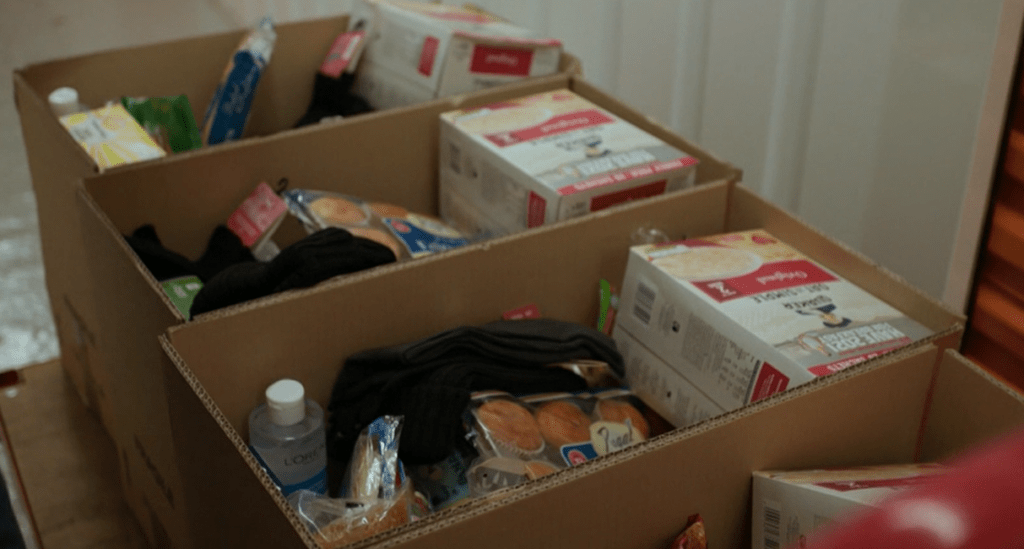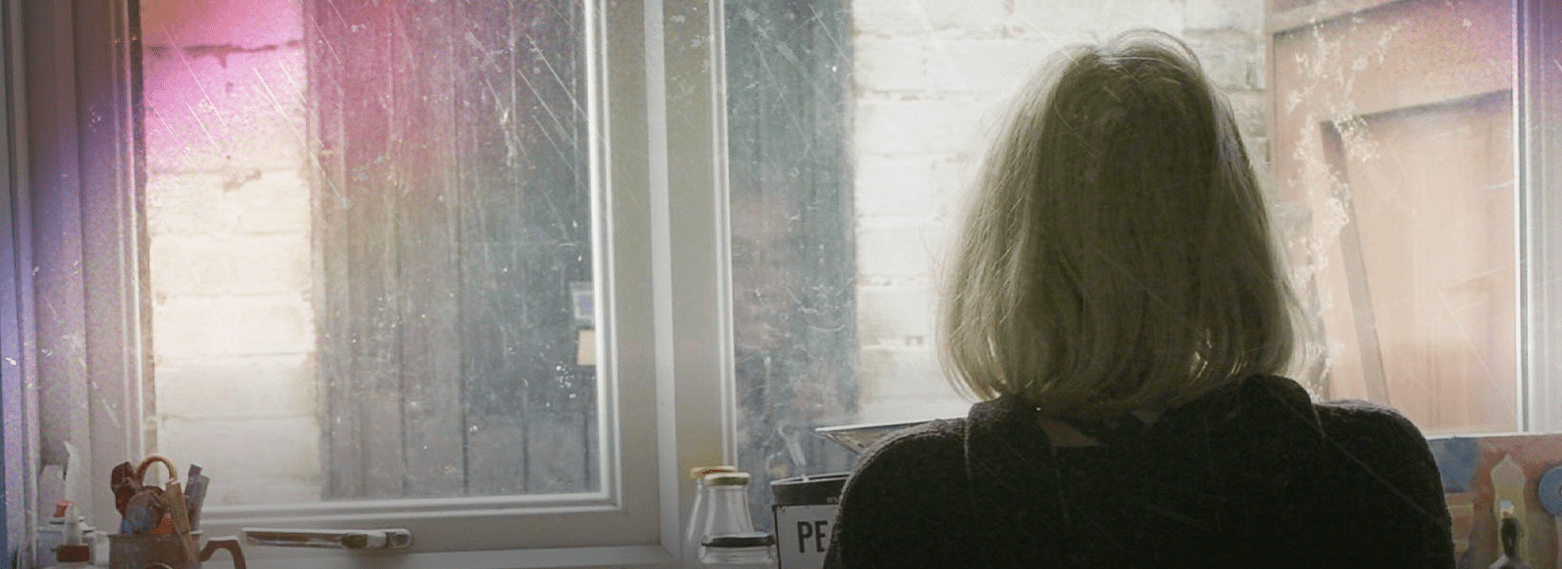By Mark Langabeer, Hastings and Rye Labour Member
This week’s BBC Panorama programme interviewed three families during the first three months of this year, regarding the steep rise in the cost of living. The presenter, Richard Bilton, noted that the annual Inflation had risen to 6.2%, the highest rate for over 30years, although it has gone even higher than that since the programme was aired, to 7%.
Although this is the official rate, for less well-off families, who pay a a much higher proportion of their meagre incomes on food, rent and energy, the real rate of inflation is twice that. Bilton reported that wages just aren’t keeping up with inflation and benefits have increased by only around 3%. Living standards are set to fall at a rate not seen since the Suez crisis in 1956, nearly seventy years ago.
The presenter interviewed a family of four, whose monthly income is around £2,000 a month. After mortgage, bills and food, they were left with only £63. The husband had a 75-mile round trip to work and therefore his fuel costs are a significant amount of the family budget. In February, petrol was around £1.50p a litre for unleaded, but today it is over £1.60, even allowing for the 5p reduction in fuel duty. The cost of fuel has steadily increased over the past two years.
Richard Bilton then interviewed a family who also have a monthly income of £2,000 and once again, their biggest fear is the rise in energy costs. Their increase is around £50 a month, and the cost is set to rise further in October, when the fuel cap is raised again. This family are receiving Universal Credit, which was recently reduced by £20 a week because it was given as part of financial help during the Covid crisis.
Parents skipping meals so the children can eat
This family use a key meter for electricity and gas, and although it can help in controlling energy costs, it is actually more expensive. Those who can afford to pay by direct debit pay less for their energy, which seems unfair. They told Richard Bilton that their weekly shop was “a thing of the past” and that now the parents occasionally skip meals, just in order that their children can eat. Research suggest that one in ten households are going hungry.
The next person interviewed was a mother of three, who works as a part-time nurse. She can only work three days a week because of the high cost of childcare. She told Bilton that they have only around £80 a week to live on, which includes food, so she also skipped meals, so her children can have enough to eat.

Finally, the programme interviewed Abdul, a guy in Bradford, who delivers from a food bank, seven days a week, without pay. It was interesting that his boxes of food sometimes included woolly hats and gloves because many of the homes he visits, including some with children, can’t afford to have the heating switched on.
Published research suggests that over 1.3 million more households will be pushed into poverty as a result of the present squeeze on living standards. The Tories have offered a paltry £350 to alleviate the steep rise in the cost of energy, although £200 of this is actually a loan that will be added back onto energy bills later. Bilton not only noted the rise in energy costs, but also the increases in National Insurance contributions, water bills, council tax and car taxes.
“our cuts are smaller than their cuts”
The war in Ukraine will result in even more rises the costs of food and energy. Unfortunately, the Labour leadership has announced measures that would only alleviate annual costs by around £600. It is virtually accepting a big hit in living standards, although it’s a case of “our cuts are smaller than their cuts”.
Even Labour’s policies of a windfall tax on oil and gas companies and scrapping National Insurance increases, while not bad policies in themselves, would still not be enough to a massive growth in poverty.
Labour should treat the massive squeeze on living standards as a matter of urgency – it really is an emergency for millions of families. The ‘soup kitchens’ of the 1930s were largely aimed at the unemployed, but today a large part of the least well off are the working poor and in many cases their poverty is effectively subsidising the profits of employers. Labour should demand that benefits are increased in line with inflation and an immediate increase in the national minimum wage to £15 hour.
All of the families interviewed on this programme pointed out that the struggle to cope with the rising cost of living was causing serious mental health issues: stress, anxiety and depression. Only Labour, offering a radical socialist programme, can solve the crisis of poverty in Britain.
The Panorama programme is still available to view on BBC i-player, here



